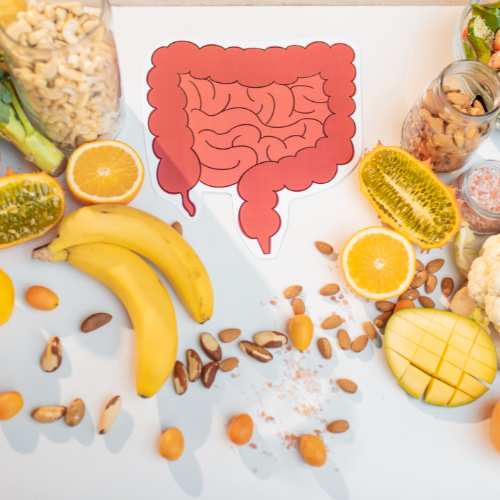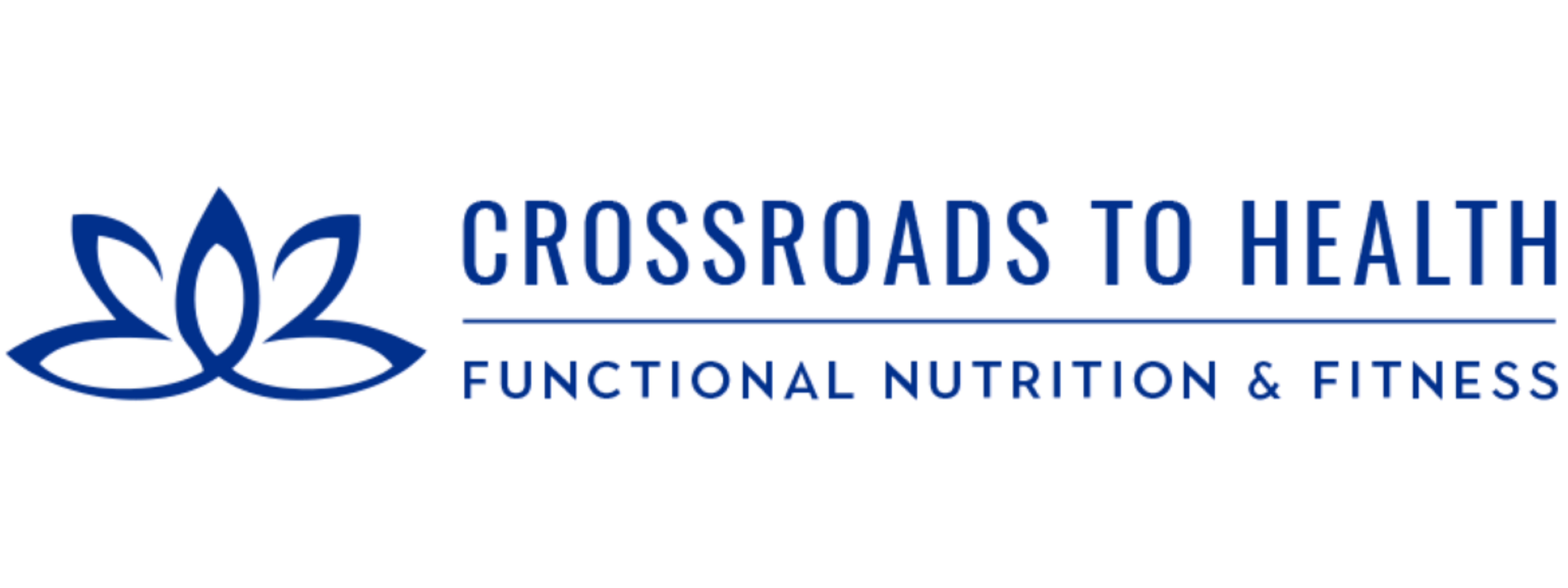How To Deal With Digestive Issues Naturally

70,000,000 people everyday suffer from some form of digestive issue such as heartburn, irritable bowel syndrome, indigestion, constipation, diarrhea or abdominal pain. Often times people turn to products like Tums, Rolaids, Zantac, or the more dangerous PPI's (proton pump inhibitors) Nexium, Prilosec, and Prevacid. With increased usage comes increased risk as studies now show an increased risk of fractures for those taking PPI's.
Why We Need Stomach Acid
The concept of shutting down acid production is a popular one. Proton pump inhibitors inhibit the production of hydrochloric acid often times making symptoms better, but also not addressing the root cause of the problem and causing side effects. The body naturally produces stomach acid to assist with the following: Assists in breaking down protein properly Helps absorb important minerals including calcium, magnesium, and zinc Acts as a sterilizer for the food we eat Reduces the risk of candida infections Research done by Dr. Jonathan Wright also shows that most with heartburn type symptoms actually have low stomach acid production and therefore are not digesting food well.
Trigger Foods
Knowing your individual trigger foods which promote digestive complaints can go a long way in reducing symptoms. Often times these trigger foods include: High fatty foods Tomato based foods Spicy foods Red meat Salads Caffeine Dairy and gluten Reducing exposure to your individual triggers will support digestive function and minimize symptoms.
Leaky Gut
Leaky gut also known as intestinal permeability is at the root of most digestive concerns. There are numerous research studies on Pubmed that validate leaky gut and the problems that come with it. It's important to know what causes a leaky gut in the first place. The main contributors are: antibiotics, NSAIDS (non-steroidal anti-inflammatory drugs) such as Advil, high stress, and gluten. Gluten free diets while not the fix for everyone, reduce inflammation in the digestive tract and lead to better overall digestion for many.
The 4R Approach
The 4R approach to enhancing digestive concerns is an excellent way to support overall digestion and balance your system. The 4R's stand for remove, replace, reinoculate, and repair. Step 1 Remove-this means removing offending foods from your diet such as the trigger foods above. It also means removing any food you are allergic to. The remove phase includes any infections such as bacterial or candida. Often times testing is needed to determine if there is an infection. Step 2 Replace-this step involves replacing with digestive enzymes or hcl (hydrochloric acid) to support digestive function. Often times there is a lack of digestive enzymes and or hcl which is contributing to the digestive diffuculty. Enzymes and hcl help to further break down food and make it easier for the body to digest. This step often helps those with gas and bloating after meals. Step 3 Reinoculate-this step introduces supportive bacteria into the body which supports the gut microbiome. Beneficial bacteria have been shown to support many digestive complaints including constipation, bloating, and abdominal pain. Probiotics are now one of the most popular supplements on the market and one way to increase beneficial bacteria in your system. The best way however is to eat fermented foods such as sauerkraut, kimchi, yogurt, kefir, and pickles. Step 4 Repair-the repair phase introduces healing nutrients to support the mucosal lining of the gut. These nutrients include glutamine, slippery elm, marshmallow and aloe vera. By strengthening the tissue, the lining becomes stronger and less likely to become permeable allowing in substances that should not be allowed into the general circulation. This approach works very well for a number of digestive concerns as well as auto-immune conditions. For assistance with your specific concern schedule a free consultation.

